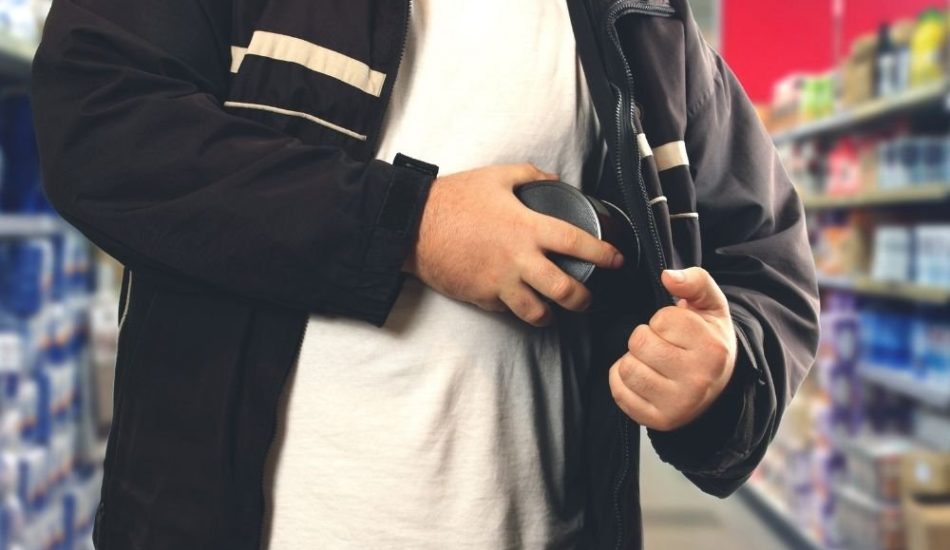- Available 24/7
- 281.570.6400
- call us today!
Is Shoplifting A Serious Crime In Texas?

Can Shoplifting Be Charged As a Felony In Texas?
In Texas, shoplifting is against the law. Ordinarily, most cases of shoplifting are treated as misdemeanors. However, a case may be prosecuted as a felony-based crime on the value of the item(s) stolen and the criminal history of the alleged shoplifter, if any.
If you’ve been accused of stealing, read on to discover more about the possible repercussions and how you can defend your legal rights.
THE DEFINITION OF SHOPLIFTING IN TEXAS
Section 31.03 of the Texas Penal Code pertains to shoplifting. Under this code, theft, in general, is defined as unlawfully stealing someone else’s property, receiving goods that are known to be obtained via theft, or seizing property without the permission or consent of the owner. Shoplifting specifically is the intentional theft of a retailer’s merchandise.
When Is Shoplifting a Felony?
Whether shoplifting is treated as a misdemeanor or a felony largely depends on the value of the merchandise taken. Crimes of shoplifting in Texas are classified as follows in order from least to most serious:
- Theft of goods less than $100 in value: Class C Misdemeanor
- Theft of goods between $100 and $750 in value: Class B Misdemeanor
- Theft of goods between $750 and $2,500 in value: Class A Misdemeanor
- Theft of goods valued between $2,500 to $30,000: State Jail Felony
- Theft of goods valued between $30,000 and $150,000: Third-Degree Felony
- Theft of goods valued between $150,000 to $300,000: Second-Degree Felony
- Theft of goods with a value of over $300,000: First-Degree Felony
Understanding Shoplifting Penalties
In Texas, shoplifting can result in fines, a jail term, or sometimes both. Shoplifters over the age of 18 can be civilly sued for actual damages and for extra losses up to $1,000. If a juvenile shoplifts, the business has the right to sue the youth’s parents or guardians for up to $5,000 in actual damages. Prior offenses, the worth of the stolen goods, and other factors may decrease or enhance the severity of these consequences.
Get Help From an Experienced Texas Criminal Defense Lawyer
If you or your child have been charged with shoplifting, it’s important that you don’t take chances. Get help now from the experienced criminal defense attorneys at Segura & Kiatta Criminal Defense by calling 281.570.6400. Serving the Sugar Land, Houston, Fort Bend, and surrounding areas in Texas.
Contact us
Contact segura & kiatta criminal defense
Schedule Your
Free Consultation
*Required Information
Our Location
Segura & Kiatta, Criminal Defense
345 Commerce Green Blvd
Suite 200
Sugar Land, Texas 77478


